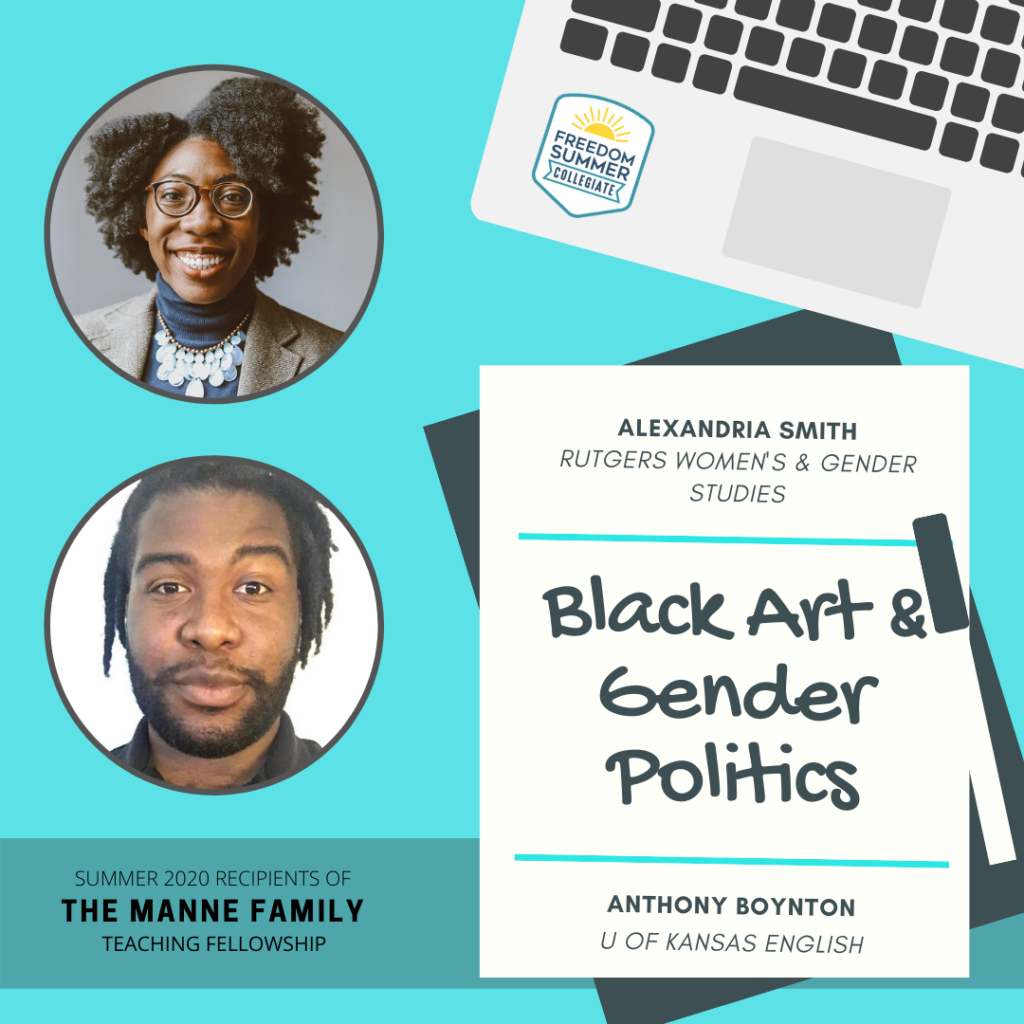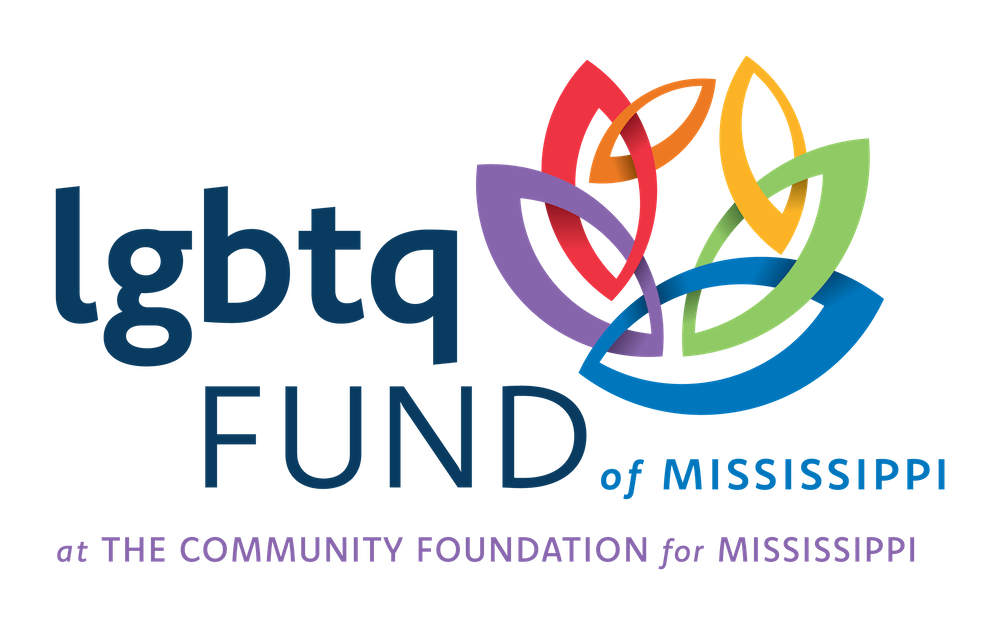Experiencing gender, race, and sexuality through Black artists

Freedom Summer Collegiate is a summer academic enrichment program for high school students. The program recruits, trains, and funds doctoral candidates to provide transformative summer seminars to college-bound high school students in underserved communities throughout Mississippi and Arkansas.
The grant money from the LGBTQ Fund of Mississippi is funding the class “Black Art & Gender Politics,” taught by Anthony Boynton, a PhD candidate at the University of Kansas, and Alexandria Smith, a PhD candidate in Women’s Gender and Sexuality Studies at Rutgers University. This class is taking place at the Meridian Freedom Project in Mississippi and runs for five weeks.
“This is a great opportunity for both of us to bring our interests in Black queer studies and Black queer literature and art to students. Integral to that study is for us to understand how race, and specifically Blackness, has always informed gender. In our early classes, we started by talking with students about how slavery in the US was neither the beginning of race, nor the beginning of gender, so that we could understand how blackness and gender interact in the US today,” said Smith.
Providing LGBTQ youth with affirming educational content
“As a queer person who did not have spaces that affirmed my queerness as a child, I think I faced a lot of ambivalence that in itself was damaging. One of our shared goals is to move beyond ambivalence, to talk about Black queer subjects like individuals, people, and cultural moments and movements, in a way that affirms them through trying to understand it. I think by us really closely examining these things, and saying that the ways we build expectations around gender is worth studying, we are able to move out of that kind of ambivalence or dismissal and celebrate Black queerness through studying and paying attention to it,” said Smith.
“I, as a Black queer person, face ambivalence and violence in different ways, especially growing up in the church and growing up in the south. I think there are different ways violence has come upon me because of me not being heterosexual. Some of that violence was through the erasure of these histories. Showing these histories is affirmative because it gives representation for what’s possible,” said Boynton.
The course will answer questions such as: What informs the Black art that is created, the Black art that is made popular, and the Black art we don’t know about? How have shifts in U.S. politics and social movements altered the art of its time and thereafter? How does one’s gender impact the way that someone experiences being Black?
“I think it’s important for these African-American students to be taught by two Black queer African-American PhD candidates. And not just for the visual representation of it, but because our experiences as Black queer people navigating different kinds of spaces, and as people who are familiar with some of the cultural contexts these students are growing up within, we bring that to bear on the way that the way that we teach, the ways that we relate to the students as people,” said Smith.
“This work can’t stop and start here. We hope that this isn’t the last time that students engage in some sort of way with LGBTQ topics. Sadly that is what happens in a lot of school systems,” said Boynton.
To learn more about Freedom Summer Collegiate, visit their Facebook or website.
